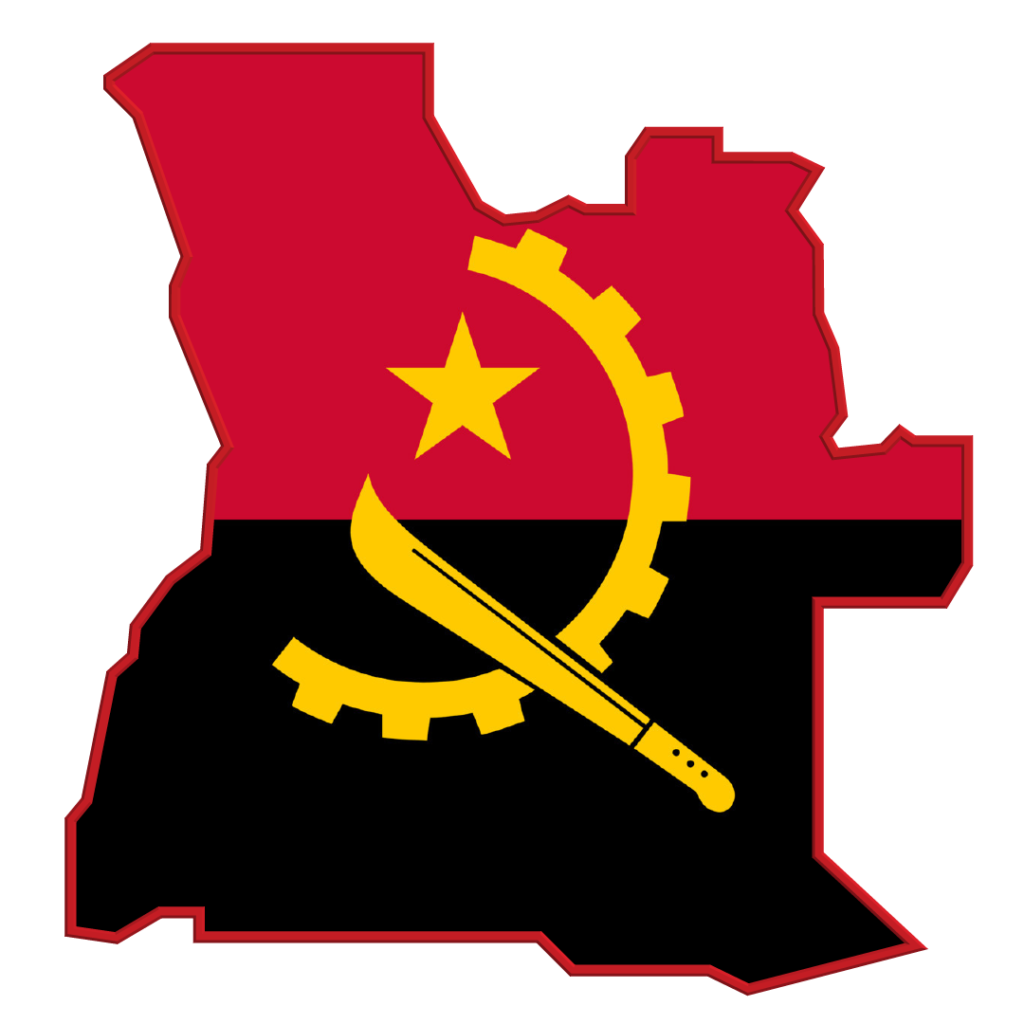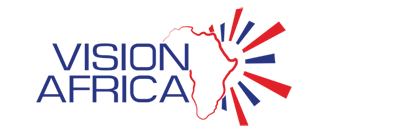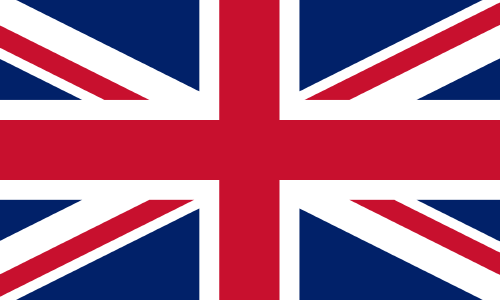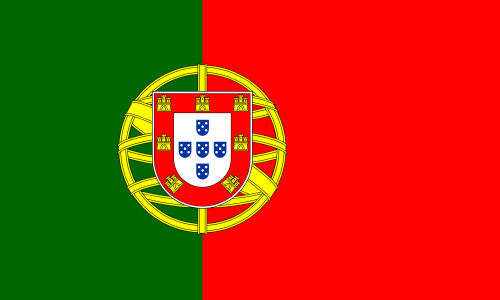
Angola
|
Capital City
|
Luanda
|
|---|---|
|
Official Language
|
Portuguese
|
|
Largest Ethnic Group
|
96% African
|
|
Religion
|
92.9% Christianity
|
|
Government
|
Unitary dominant-party presidential republic
|
|
Independence
|
11 November 1975
|
|
Establish Constitution
|
21 January 2010
|
|
Area
|
1,246,700 km2
|
|
Population
|
437,290,193 (2023 estimate)
|
|
Currency
|
Angolan Kwanza (AOA)
|
|
Time Zone
|
UTC+1 (West Africa Time)
|
Angola is a vibrant and diverse country located in Southern Africa boasting a varied landscape, including coastal plains, high plateaus, and lush rainforests. Angola’s history includes being part of the central and west African Kingdom of Kongo. The name “Angola” itself derived from the title given to Ndongo kings in the Mbundu kingdom. The Atlantic Ocean graces its western border, while neighbouring countries include Namibia, Zambia, and the Democratic Republic of the Congo.
Angola is home to a rich tapestry of ethnic groups, languages, and traditions. Portuguese is the official language, reflecting its colonial history. As of July 1, 2024, the population of Angola is estimated at 37,804,634. This figure includes 18,693,153 males and 19,111,481 females. Angola has a very young population, with a median age of 16.7 years. If the current growth rate continues, Angola’s population is projected to surpass 50 million by the end of 2034. Approximately 67.6% of the population resides in urban areas.
Angola is rich in natural resources with an abundance of wealth in precious gems, metals, and petroleum. The economy revolves around oil production and diamond mining. It ranks as the second-largest oil producer and the third-largest diamond producer in the world. Diversification remains a challenge.
Luanda, a bustling port city on the northern coast, serves as both the capital and the commercial heart of Angola. Luanda, has earned the nickname “Paris of Africa.” Its sophisticated culture and atmosphere make it a unique destination while repeatedly being ranked as one of the world’s most expensive cities for expatriate employees to live in.
Luanda, a bustling port city on the northern coast, serves as both the capital and the commercial heart of Angola. Luanda, has earned the nickname “Paris of Africa.” Its sophisticated culture and atmosphere make it a unique destination while repeatedly being ranked as one of the world’s most expensive cities for expatriate employees to live in.
Vison Africa offers its full range of services to clients in the country which include:
Corporate Reputation Studies | Customer Satisfaction Surveys | Employee Engagement Survey | Employee Satisfaction Surveys | Employee Opinion Surveys | Product and Packaging Testing | New Product Testing| Advertising Campaign Testing| Retail Audits | Brand Health Trackers | Social Studies| Media Studies | Market Census | Usage and Attitude Surveys
Miguel Deolfino
+244 94 464 2098

Angola
|
Capital City
|
Luanda
|
|---|---|
|
Official Language
|
Portuguese
|
|
Largest Ethnic Group
|
96% African
|
|
Religion
|
92.9% Christianity
|
|
Government
|
Unitary dominant-party presidential republic
|
|
Independence
|
11 November 1975
|
|
Establish Constitution
|
21 January 2010
|
|
Area
|
1,246,700 km2
|
|
Population
|
437,290,193 (2023 estimate)
|
|
Currency
|
Angolan Kwanza (AOA)
|
|
Time Zone
|
UTC+1 (West Africa Time)
|
Angola is a vibrant and diverse country located in Southern Africa boasting a varied landscape, including coastal plains, high plateaus, and lush rainforests. Angola’s history includes being part of the central and west African Kingdom of Kongo. The name “Angola” itself derived from the title given to Ndongo kings in the Mbundu kingdom. The Atlantic Ocean graces its western border, while neighbouring countries include Namibia, Zambia, and the Democratic Republic of the Congo.
Angola is home to a rich tapestry of ethnic groups, languages, and traditions. Portuguese is the official language, reflecting its colonial history. As of July 1, 2024, the population of Angola is estimated at 37,804,634. This figure includes 18,693,153 males and 19,111,481 females. Angola has a very young population, with a median age of 16.7 years. If the current growth rate continues, Angola’s population is projected to surpass 50 million by the end of 2034. Approximately 67.6% of the population resides in urban areas.
Angola is rich in natural resources with an abundance of wealth in precious gems, metals, and petroleum. The economy revolves around oil production and diamond mining. It ranks as the second-largest oil producer and the third-largest diamond producer in the world. Diversification remains a challenge.
Luanda, a bustling port city on the northern coast, serves as both the capital and the commercial heart of Angola. Luanda, has earned the nickname “Paris of Africa.” Its sophisticated culture and atmosphere make it a unique destination while repeatedly being ranked as one of the world’s most expensive cities for expatriate employees to live in.
Luanda, a bustling port city on the northern coast, serves as both the capital and the commercial heart of Angola. Luanda, has earned the nickname “Paris of Africa.” Its sophisticated culture and atmosphere make it a unique destination while repeatedly being ranked as one of the world’s most expensive cities for expatriate employees to live in.
Vison Africa offers its full range of services to clients in the country which include:
Corporate Reputation Studies | Customer Satisfaction Surveys | Employee Engagement Survey | Employee Satisfaction Surveys | Employee Opinion Surveys | Product and Packaging Testing | New Product Testing| Advertising Campaign Testing| Retail Audits | Brand Health Trackers | Social Studies| Media Studies | Market Census | Usage and Attitude Surveys
Miguel Deolfino
+244 94 464 2098

Angola
|
Capital City
|
Luanda
|
|---|---|
|
Official Language
|
Portuguese
|
|
Largest Ethnic Group
|
96% African
|
|
Religion
|
92.9% Christianity
|
|
Government
|
Unitary dominant-party presidential republic
|
|
Independence
|
11 November 1975
|
|
Establish Constitution
|
21 January 2010
|
|
Area
|
1,246,700 km2
|
|
Population
|
437,290,193 (2023 estimate)
|
|
Currency
|
Angolan Kwanza (AOA)
|
|
Time Zone
|
UTC+1 (West Africa Time)
|
Angola is a vibrant and diverse country located in Southern Africa boasting a varied landscape, including coastal plains, high plateaus, and lush rainforests. Angola’s history includes being part of the central and west African Kingdom of Kongo. The name “Angola” itself derived from the title given to Ndongo kings in the Mbundu kingdom. The Atlantic Ocean graces its western border, while neighbouring countries include Namibia, Zambia, and the Democratic Republic of the Congo.
Angola is home to a rich tapestry of ethnic groups, languages, and traditions. Portuguese is the official language, reflecting its colonial history. As of July 1, 2024, the population of Angola is estimated at 37,804,634. This figure includes 18,693,153 males and 19,111,481 females. Angola has a very young population, with a median age of 16.7 years. If the current growth rate continues, Angola’s population is projected to surpass 50 million by the end of 2034. Approximately 67.6% of the population resides in urban areas.
Angola is rich in natural resources with an abundance of wealth in precious gems, metals, and petroleum. The economy revolves around oil production and diamond mining. It ranks as the second-largest oil producer and the third-largest diamond producer in the world. Diversification remains a challenge.
Luanda, a bustling port city on the northern coast, serves as both the capital and the commercial heart of Angola. Luanda, has earned the nickname “Paris of Africa.” Its sophisticated culture and atmosphere make it a unique destination while repeatedly being ranked as one of the world’s most expensive cities for expatriate employees to live in.
Luanda, a bustling port city on the northern coast, serves as both the capital and the commercial heart of Angola. Luanda, has earned the nickname “Paris of Africa.” Its sophisticated culture and atmosphere make it a unique destination while repeatedly being ranked as one of the world’s most expensive cities for expatriate employees to live in.
Vison Africa offers its full range of services to clients in the country which include:
Corporate Reputation Studies | Customer Satisfaction Surveys | Employee Engagement Survey | Employee Satisfaction Surveys | Employee Opinion Surveys | Product and Packaging Testing | New Product Testing| Advertising Campaign Testing| Retail Audits | Brand Health Trackers | Social Studies| Media Studies | Market Census | Usage and Attitude Surveys
Miguel Deolfino
+244 94 464 2098




